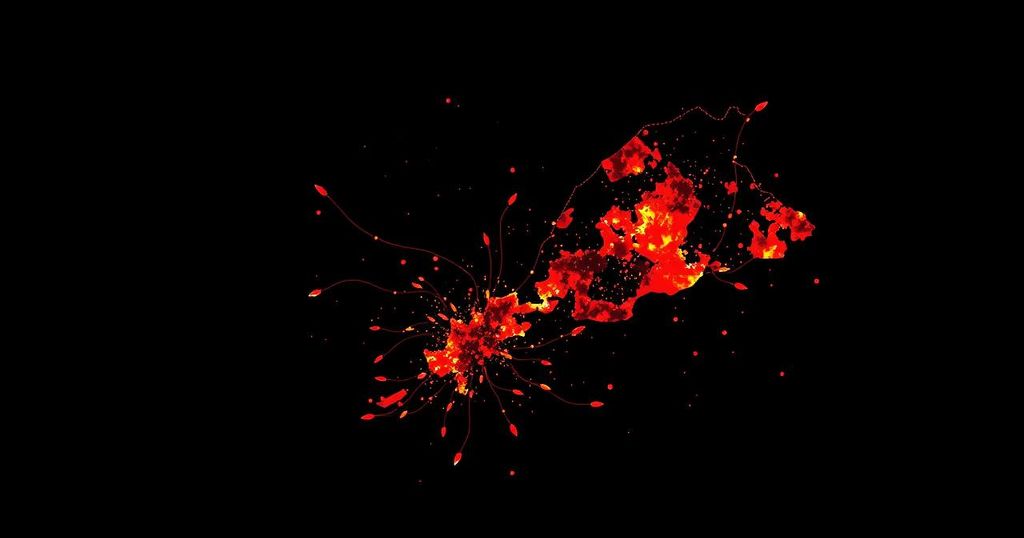Global news
AFGHANISTAN, AFRICA, ANGOLA, ANTISEMITISM, ARMY, ASIA, CAR, CIVIL WAR, FORCES, FORCES DE LA RESISTANCE LIBANAISE, FOUAD MALEK, GEMAYEL, INTERNATIONAL RELATIONS, ISRAEL, LA VOIX DE LA RESISTANCE, MALEK, MARIE - MADELEINE FOURCADE, NICARAGUA, NORTH AMERICA, SECURITY, TERRORISM, UNITED STATES
Fatima Khan
0 Comments
Global Connections and Local Conflicts: The Lebanese Civil War and Its Implications
In October 1983, Resistance International convened a conference in Paris, gathering anti-communist representatives, including Fouad Malek of the Lebanese Forces. The LF sought to maintain Maronite dominance and gained international support, particularly from groups like the Comité d’Action de la Résistance. The assassination of LF leader Bashir Gemayel highlighted the brutal retaliations affecting civilians and demonstrated how Lebanon’s conflict was entwined with global Cold War dynamics.
In October 1983, a significant conference organized by Resistance International convened in Paris, uniting anti-communist representatives from various countries, including Lebanon, to strategize on the future of the Third World. Lebanon’s representation came through Fouad Malek, a prominent figure linked to the Lebanese Forces (LF), a militia aiming to uphold Maronite political dominance amidst regional turmoil. The LF’s connections with international allies, exemplified by support from groups like the Comité d’Action de la Résistance in France, allowed them to navigate and leverage their existence in a global Cold War landscape. Their internal struggles, however, escalated significantly following the assassination of their leader Bashir Gemayel, which led to retaliatory violence against civilians, marking a pivotal point in Lebanon’s protracted conflict.
The context of the article emphasizes the interplay between local conflicts in Lebanon and broader global political exchanges during the Cold War. The Lebanese Forces emerged not only as a key player in Lebanon’s civil conflict but also as part of an international counterrevolutionary framework. This research highlights Lebanon’s position as a battleground where global ideologies—revolution, counterrevolution, and empire—intersected, thereby affecting the political dynamics of the region significantly during the later twentieth century.
The narrative presented in “A Third World War: Revolution, Counterrevolution, And Empire In Lebanon, 1967–1990” elucidates the interconnected nature of Lebanon’s internal conflicts with global political movements. The role of international solidarity among anti-communist factions illustrates how local struggles are often influenced by transnational networks. Nate George’s research underscores the importance of reinterpreting Lebanon’s history within the broader context of Cold War dynamics, challenging simplifications of sectarian conflict to reveal deeper global interactions.
Original Source: www.hoover.org




Post Comment